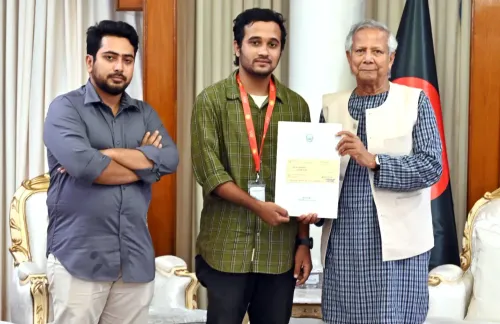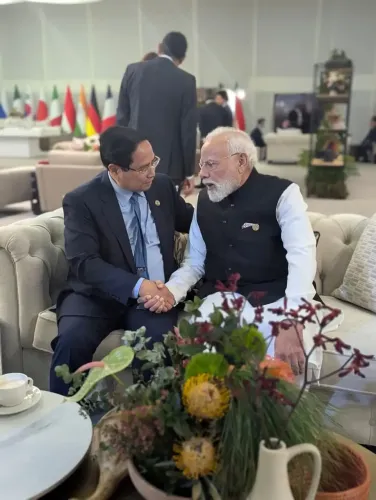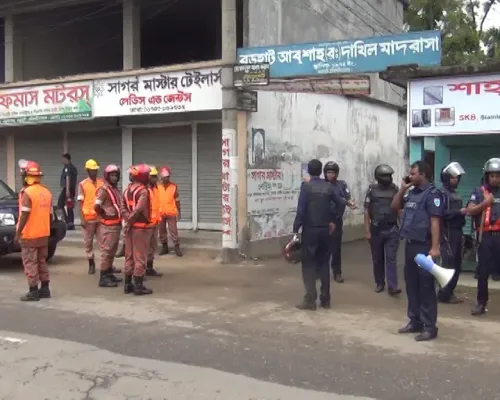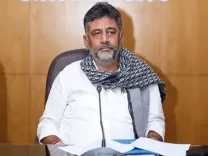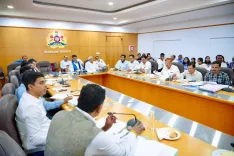Will Iran's Pezeshkian Strengthen Ties with Armenia and Belarus Next Week?
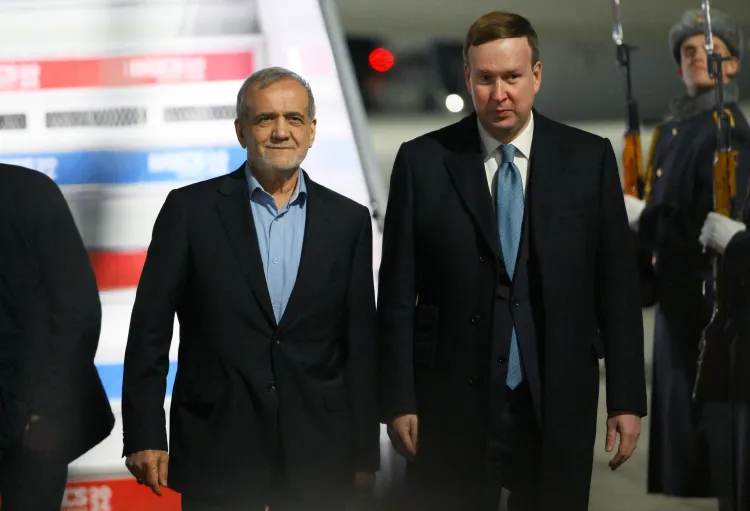
Synopsis
Key Takeaways
- Diplomatic Focus: Strengthening trade relations with Armenia and Belarus.
- Geopolitical Context: Visit follows peace agreement between Armenia and Azerbaijan.
- Regional Sovereignty: Emphasis on respecting national integrity of involved nations.
- Iran's Position: Opposes foreign interference in regional affairs.
- Collaboration: Advocates for regional mechanisms to resolve conflicts.
Tehran, Aug 16 (NationPress) Iran's President Masoud Pezeshkian is set to embark on a two-day diplomatic mission to Armenia and Belarus starting Monday evening. This was confirmed by Mehdi Sanaei, the political advisor to Iran's President, via a post on the social media site X.
Sanaei highlighted that the President's agenda will focus on enhancing bilateral ties with both countries, particularly in the trade sector, and aims to finalize cooperation agreements during the visits. Originally planned for late June, these trips faced postponement.
The visit to Armenia coincides with a significant peace agreement signed between Armenia and Azerbaijan regarding the contentious Nagorno-Karabakh region on August 8 in Washington.
This agreement includes provisions for a transit corridor through southern Armenia, with exclusive development rights designated to the United States, as reported by the Xinhua news agency.
Iran has consistently expressed its discontent with outside powers' involvement in the region and has cautioned against alterations to the region's geopolitical landscape and historical boundaries.
On Wednesday, Iran's Foreign Minister, Seyed Abbas Araghchi, discussed the latest developments in the Caucasus with senior diplomats from Russia and Armenia.
During separate discussions with Igor Khovaev, Russia's special envoy for normalizing relations between Armenia and Azerbaijan, and Vahan Kostanyan, Armenia's Deputy Foreign Minister, Araghchi underscored the importance of Iran's stance on promoting peace between Armenia and Azerbaijan. He stressed the need for peaceful resolutions to regional challenges without foreign interference.
While engaging with Khovaev, he emphasized the necessity of utilizing regional mechanisms to tackle local issues and enhance cooperation while ensuring the safety and collective interests of Caucasian nations.
Araghchi affirmed that Iran and Russia share similar perspectives on crucial regional and international matters, advocating for sustained bilateral consultations and collaboration to protect their mutual interests.
In his conversation with the Armenian Deputy Foreign Minister, Araghchi reiterated that efforts to unblock transit routes must respect the national sovereignty and territorial integrity of regional countries, ensuring that their interests are taken into account.
He warned that any plans to reopen transit routes should not instigate geopolitical shifts in the region or disrupt connectivity between other nations, asserting that all regional states would gain from a peace accord.

